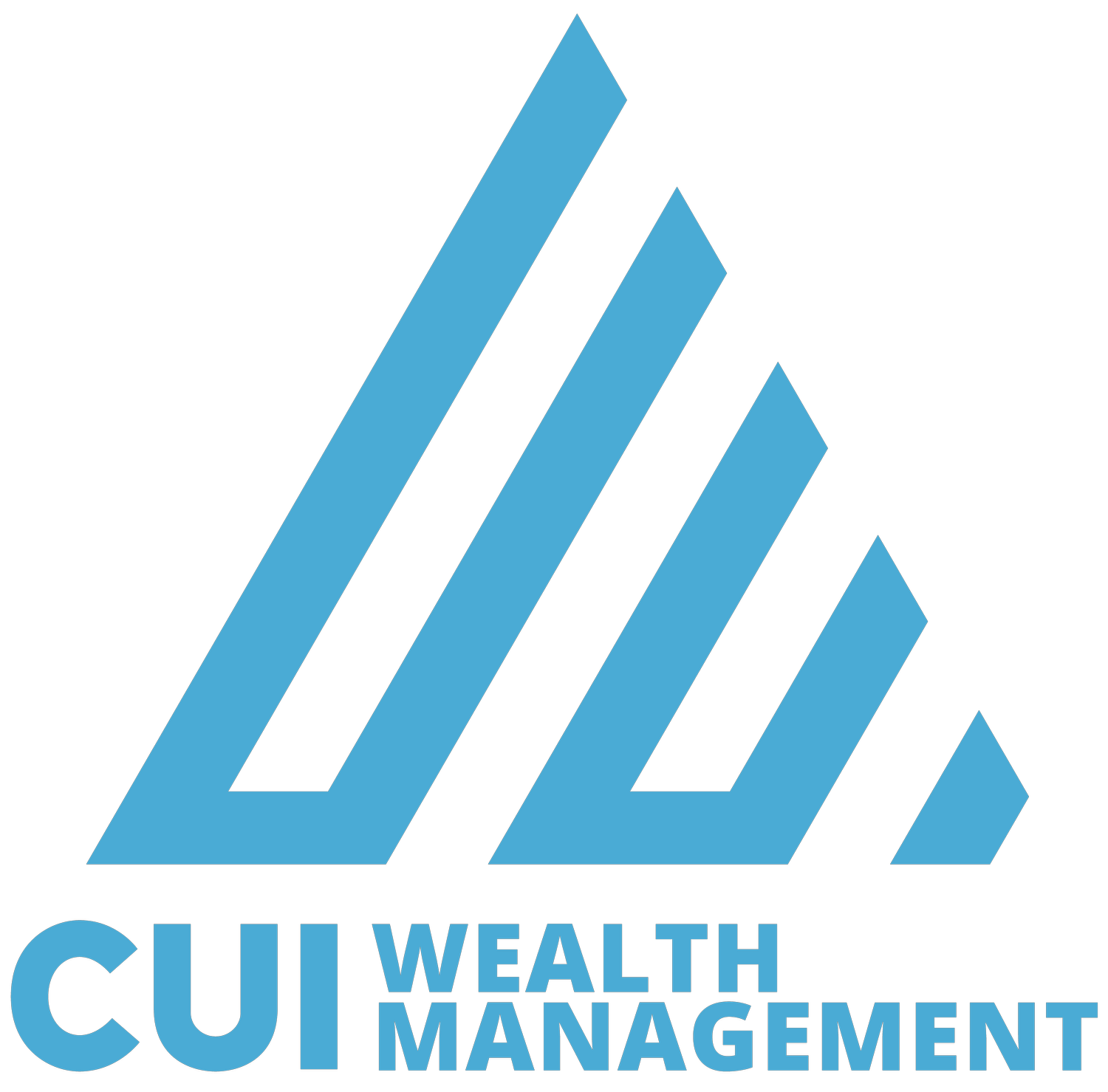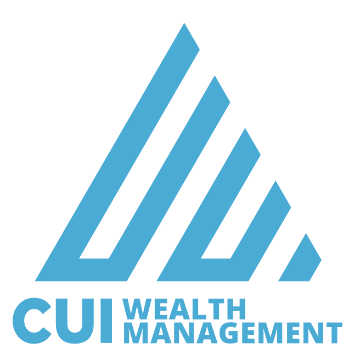How to Have a Successful 401(k) Committee Meeting
As a member of a 401(k) committee, you have a crucial responsibility to ensure that your company's retirement plan functions optimally. One of the key ways to achieve this is by holding regular committee meetings to review and make decisions on various aspects of the plan. However, holding a successful committee meeting takes more than just showing up and discussing topics. In this post, we'll walk you through some tips on how to have a successful 401(k) committee meeting.
Prepare in Advance
When organizing a successful committee meeting for your 401(k), planning is crucial. Planning allows you to share the meeting's agenda and materials with other committee members for review before the scheduled date. This helps ensure that all members are fully prepared with their thoughts and ideas, making the meeting more efficient and productive for everyone involved.
To enhance the preparation process further, it's a good idea to seek assistance from your 401(k) or retirement plan advisor. These professionals can provide valuable guidance in creating the meeting's reports and agenda, making the planning process much easier and more streamlined. Working with your advisor and committee members ensures that your 401(k) committee meetings are always well-organized, productive, and effective.
Create an Agenda
To facilitate a constructive and efficient committee meeting, it is imperative to establish a comprehensive and thought-out agenda in advance. Crafting an agenda beforehand enables the meeting to remain focused and on track while ensuring that all participants know the topics that will be discussed. Assigning specific time slots for each agenda item helps to ensure that each topic is given sufficient attention. Before the meeting, it is essential to distribute the agenda to all committee members, allowing them adequate time to prepare and contribute to the meeting.
The agenda serves as a crucial guide for the meeting. Although discussions may veer off course, having a well-planned agenda ensures that critical points are addressed and essential topics are not overlooked.
Prepare Reports
To ensure that your committee meeting runs smoothly and efficiently, preparing all the necessary reports and data well in advance is crucial. This includes gathering investment performance reports, fee disclosures, compliance updates, and ensuring all documents are complete and accurate. Having these items prepared beforehand can avoid any last-minute scrambling or confusion and ensure that you have all the critical information needed to make informed decisions during the meeting.
Topics to Discuss
During your meeting, it can be helpful to cover a range of topics that can contribute to the success of your discussion. While some topics may be revisited in every meeting, others may only be addressed periodically. Although this list is not comprehensive, it provides a good starting point for discussion.
Market updates
A financial advisor can add much value to a planned sponsor by reviewing the current market conditions. Your financial advisor can review general market updates and new economic data that would be important for you to consider and make investment decisions for the retirement plan.
Our team will review the major indices and provide a breakdown of the market sectors. We will also review general market updates.
Investment analysis summary
Aside from market updates, you need to review your current investments. As you do this, it is essential to look at the investment policy statement and ensure your investment selection follows it. This is an excellent time to determine which investments are on a watch list, which must be replaced, and which ones look good to keep within the plan.
Legislative updates
Over the past few years, the retirement plan industry has undergone significant changes. In 2019, the Secure Act was introduced, which brought about many changes to the industry. This was followed by the Secure Act 2.0 shortly after. As a result, it has become increasingly important for organizations to stay up-to-date with the latest developments to ensure that their retirement plans remain compliant and effective. Regularly reviewing legislative updates and court cases that may significantly impact retirement plans is essential for anyone looking to stay ahead in this rapidly evolving industry.
Financial Wellness
During investment committee reviews, one important topic to consider is your employees' financial wellness. To evaluate this, you must consider several factors, such as the employee's age, income, contribution rate, and financial preparedness. It is also essential to gauge employee sentiment regarding the plan, address any questions or concerns, and find ways to prepare your employees for retirement better.
To help ensure that your employees make the best financial decisions for their situations, you must equip them with the right tools and knowledge. Discussing financial concerns and needs within your committee meetings allows you to adapt your financial wellness program to meet your company's needs better.
This is also an excellent opportunity to schedule financial wellness meetings for your employees and determine which topics of discussion are most relevant to your group. By providing your employees with the necessary financial education and support, you can help to foster a more financially stable and secure workforce.
Fiduciary Responsibility Review
An essential component of your 401(k) review is ensuring your plan complies with the laws and regulations that govern the industry. Having a fiduciary calendar that provides dates and times when different compliance items are due can be helpful.
Aside from having a calendar, it is essential to look at other compliance items not tied to specific calendar deadlines. For example, look at your fidelity bond coverage, fee benchmark reports for your retirement plan, and applicable mergers and acquisition activity.
Review Plan Design
As you prepare for your committee meetings, it's an opportune moment to evaluate the design of your retirement plan. Consider seeking the assistance of your wealth management professional and third-party administrator to identify potential areas for improvement. By doing so, you can ensure that your plan is set up efficiently to meet the needs of your employee base and align with your company's overall strategy. This will help you maximize your retirement benefits while ensuring your employees access a robust retirement plan.
Benchmark Plan Fees
Reviewing the fees associated with your retirement plan is crucial to ensure you are not overpaying. In recent years, excessive fees have resulted in lawsuits, highlighting the importance of vigilance. While fees are not the only factor to consider when deciding about your retirement plan, it is vital to ensure that you are getting value for the fees you pay.
When you convene a committee meeting for your retirement plan, it's an excellent opportunity to request a benchmark from your financial advisor. Financial professionals can generate benchmark reports using independent databases that compare the fees other companies pay for similar company sizes and assets in their plans. This way, you can ensure that you are not overpaying for the services you receive.
It's also essential to benchmark your financial advisor's fees periodically. Financial advisors must justify their fees by demonstrating the value they bring to the table. However, not all financial planners are familiar with the intricacies of employer-sponsored retirement plans. Therefore, it's critical to hold your financial advisor accountable and ensure that the fees they are charging are reasonable.
Apart from obtaining independent benchmarks, you can also request proposals from other providers to compare and document the fees. This approach gives you a broader perspective to help you make informed decisions.
During the Meeting
Consider the following activities to include in your retirement plan committee meeting. By incorporating these activities into your committee meeting, you can ensure that your retirement plan operates effectively and efficiently.
Approve Meeting Minutes
When you have committee meetings, it's always a good idea to review the minutes of the previous meeting to ensure that everything discussed and agreed upon is accurately recorded. Typically, a formal motion is proposed to approve the minutes during the meeting, and all attendees can vote on whether to accept them. This process helps ensure everyone is on the same page and that errors or omissions can be corrected before the minutes are finalized.
It's essential to take a moment to review all the action items and assignments that were discussed. Following up on these tasks is crucial to ensure that progress is being made towards implementing decisions and deadlines. To do this effectively, it's important to assign specific individuals to each task and set clear deadlines for completion. This will help keep everyone accountable and ensure all tasks are completed promptly.
Encourage Active Participation
To ensure a fruitful and productive meeting, it is crucial to promote active participation from all committee members. This involves creating a welcoming environment where everyone can freely express their thoughts and ideas. Moreover, it is essential to encourage open and honest discussions while soliciting feedback from all attendees.
It is equally important to ensure that each member has ample opportunity to speak and contribute to the conversation without anyone monopolizing the discussion. Doing so can foster a collaborative and inclusive atmosphere that facilitates effective decision-making and problem-solving.
Take Accurate Minutes
Having accurate minutes is critical for a productive committee meeting. These minutes are a written record of all the essential points discussed during the meeting, including the topics covered, decisions made, and action items assigned. To ensure that the minutes are comprehensive and precise, assigning an experienced committee member to take minutes during the meeting is highly recommended. After the meeting, the minutes should be carefully reviewed and edited, if necessary, and distributed to all the members within a few days. This will ensure everyone is on the same page and can refer back to the minutes as needed.
The third-party auditor will require a copy of the meeting minutes if your plan requires an annual audit. Therefore, it is crucial to document everything properly.
Your financial advisor can be an excellent resource regarding meeting minutes. They can take the meeting minutes for you and keep those documents in a fiduciary file you can access. This will allow you to have a detailed record of the meeting and ensure that all the crucial points are well-documented.
Conclusion
In conclusion, holding a successful 401(k) committee meeting takes planning, preparation, and active participation. Following these tips ensures that your committee meetings are productive and that your retirement plan functions optimally.
If you want additional support with your committee meetings, consider contacting one of our advisors here at CUI Wealth Management. We are located in Salt Lake City, Utah, and provide financial advising services to many states. Our team can give you a second opinion.




